Village of Pelham board delays vote on buying trash trucks until Tuesday; trustees indicate okay likely
Oakridge Waste & Recycling website
Current contractor Oakridge Waste & Recycling will be replaced by a Village of Pelham sanitation department in January.
The Village of Pelham Board of Trustees decided Sept. 14 to postpone for two weeks a vote on the purchase of four garbage trucks, a step at the core of the board’s plan to create a village sanitation department and end the use of outside contractors.
The board meeting began with a resolution approving the truck acquisition on the agenda, but due to the abundance of public comments opposed to the move, the board tabled the resolution. The trustees next meet on Tuesday.
Members of the board said that though their decision on the vote likely will not change, delaying the vote was the best for the Pelham community because of opposition raised to buying diesel trucks rather than electric vehicles as well as calls to wait until more eco-friendly technology is available.
“I do think we should put it off for two weeks and maybe let some of the tension dissipate,” said Trustee Lisa Hill-Reis.
Creating an in-house garbage collection service “adds a tremendous amount of flexibility and efficiency,” said Mayor Chance Mullen.
Many residents on the Zoom meeting came out to speak publicly against the decision. Concerns about owning diesel trucks for the next 20 years arose, as well as the idea that even if the village decides to sell the trucks when a more sustainable option becomes feasible, Pelham will still be contributing to pollution when the trucks are used elsewhere.
Some residents said the board had not spent enough time researching alternative options. With most of the planning for the project happening over the summer, taxpayers spoke out on their weariness that the board rushed the process. They said extending the contract with the current sanitation provider, Oakridge Waste & Recycling, by a year would give the village enough time to take into consideration more sustainable options.
The village board approved resolutions in July and August to sell $2.36 million in bonds, the bulk of the money designated to fund the purchase of the trucks and other equipment, including toters for all village homeowners. Toters are the type of garbage can a truck is able to pick up at the curb and automatically dump.
Under the bond resolutions, the village may first issue bond anticipation notes, which are short-term borrowing instruments, to raise the money, and then replace that debt by selling bonds with maturities ranging from five to 15 years.
This new sanitation department is to be in place by December 2022, said Mullen in a previous interview.
“Launching this service is budget neutral—a key factor when deciding whether or not to move forward—and it will provide far more financial stability for our taxpayers over the long term,” Mullen wrote in a letter to the community.
The idea to bring sanitation in house took form this summer because of the increased costs the village had to bear when it hired Oak Ridge in November 2019. That move, done on an emergency basis, was required because the previous company, Waste Services Inc., lost its county license in August 2019.
Environmental groups and letter writers had been active before the Sept. 14 meeting expressing display at the purchase of the trucks.
“We request that the village pause the process and consider every alternative to committing to the use of diesel trucks for the next 20 years,” said EcoPel in a statement. “While we understand that electric garbage trucks are costlier at present, we feel it is only a matter of time before federal and state sources offer financial incentives so municipalities can electrify their fleets.”
Bella is a senior at Pelham Memorial High School. She plays field hockey and golf, is on the Pelican Yearbook Staff and is the President of the Pelham...



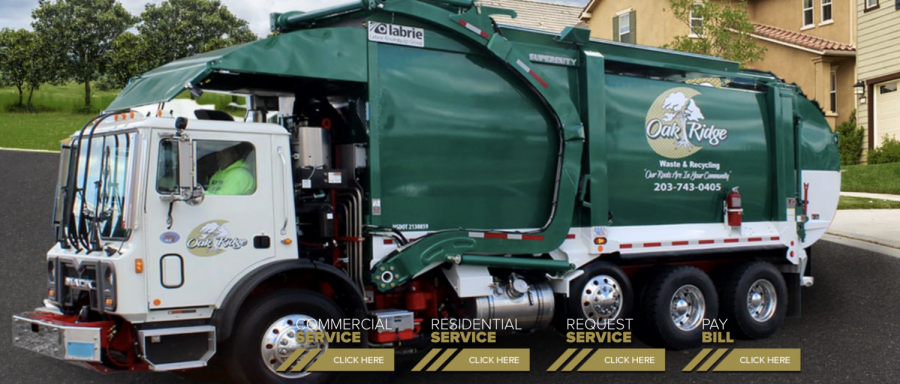
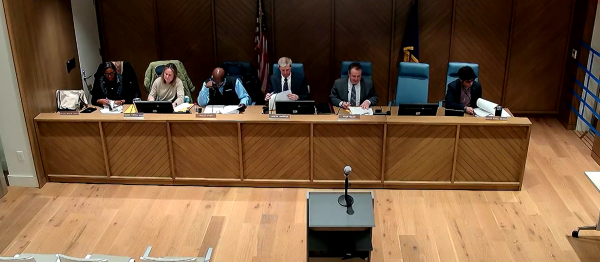
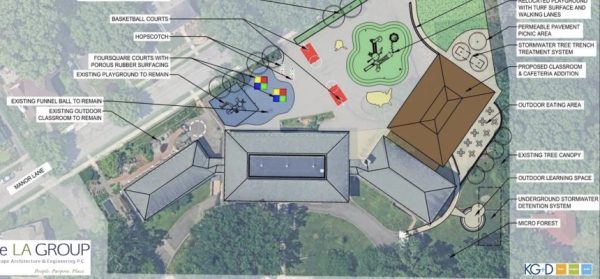
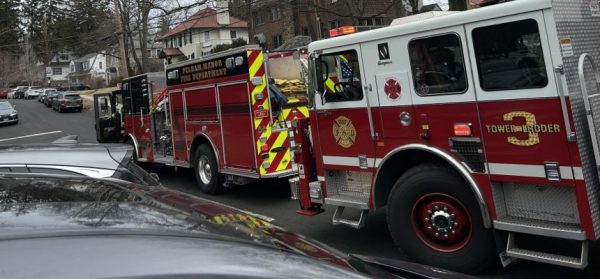

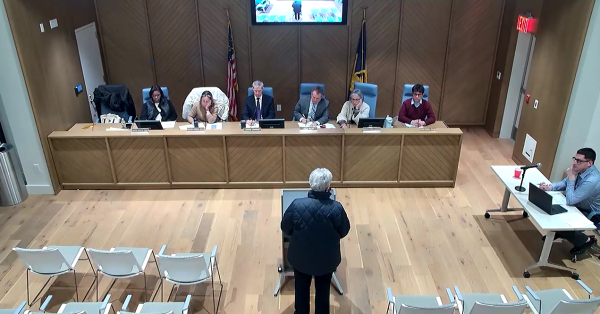
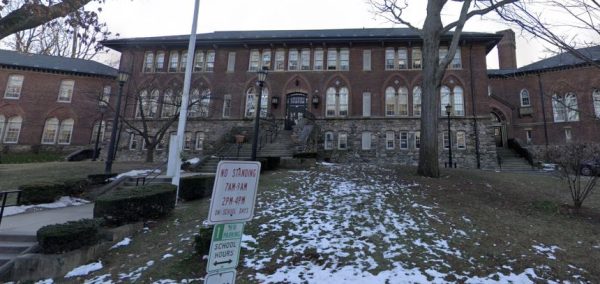



Maryanne Joyce • Sep 25, 2021 at 7:45 am
The Village has “locked in” a price to buy four Mack diesel trucks if the order is placed on or before October 1st. The trustees do indeed seem bound and determined to vote yes on September 28th and to place that order. Many in the community are asking them to slow down and reconsider, and to do more thorough research into alternatives.
If Village residents are in favor of bringing garbage collection in-house, but the Village cannot afford to buy electric trucks now, or doesn’t think EV trucks are ready for primetime, we should lease trucks, as one trustee suggested at the July 6th special work session, not invest 1.5 million dollars in an old polluting technology that will contribute to carbon emissions for the next 20 years. We could also extend the current contract through December 2023 or, if necessary, bid out the carting contract again for a few years, as the same trustee suggested at the end of the September 14th board meeting, and bring garbage collection in-house five years from now.
The waste hauling industry is going electric. See “Electric refuse trucks on the road or on the way in rising number of states,” available at https://www.wastedive.com/news/electric-refuse-trucks-byd-lion-mack-dsny-ecomaine/573352/ . Within a few years EV garbage trucks will be more widely available, and cheaper, and will be in use by more municipalities and private carting companies in New York and around the country.
Why is the Village rushing to spend almost 1.5 million dollars NOW for diesel trucks that will last, as the Village Administrator said at the July 6th special work session, for twenty years? We can renew the contract with Oak Ridge through December 2023. The turnaround time on the trucks, again, according to the Village Administrator at the July 6th meeting, is six to eight months. We have time.
Last Tuesday’s meeting was the first real opportunity that Village residents had to engage in an open public discussion about buying four new diesel garbage trucks and bringing garbage collection in-house. While theoretically this public discussion could have started at the July 13th board meeting where the bulk of the bond resolutions were passed, as a practical matter, most members of the public were not aware of the plans until after the Labor Day holiday weekend, by which time the Village was on a fast track to buy four new diesel trucks, and the time to request a public referendum on the bonds had already expired.
We are spending upwards of two million dollars of Village of Pelham taxpayer money, our money. That argues for a fulsome, open, and vigorous public discussion on this decision, one that all Pelham residents are invited to and welcomed to engage in.
We have time to listen to the community, to do the research, and also to learn what new state and federal incentives may be coming down the pike to go electric.
If, in the end, the consensus is that buying four diesel trucks is far and away the best choice, no doubt Mack will still be happy to sell trucks three to six months from now. That’s what they do, sell trucks.